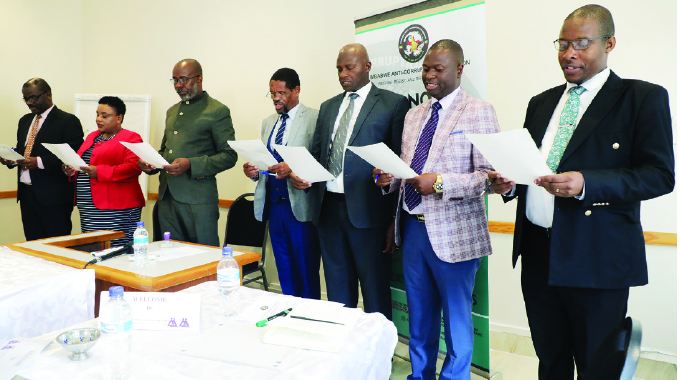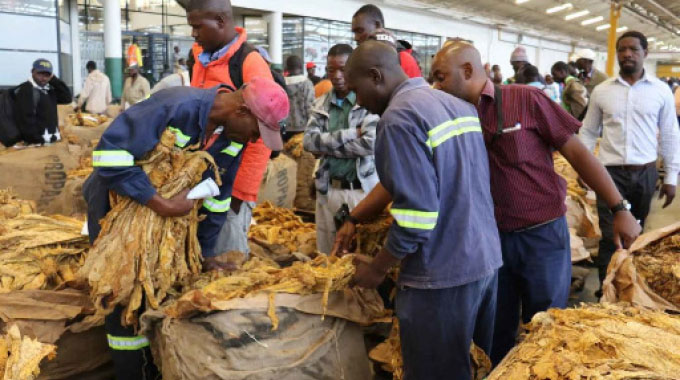Solar powered irrigation system to boost production

Monalisa Chikwengo
The Machingauta Community in ward 22 Gutu now has a solar powered irrigation system which is expected to improve agriculture productivity at their Tashinga garden.
The solar powered irrigation system was funded under a three -year Climate Adaptation for Rural Livelihoods (CARL) project launched by Aquaculture Zimbabwe, in partnership with Oxfam.
The project was launched in October 2022 and will run until September 2025.
Oxfam is a British-founded organisation that focuses on the alleviation of global poverty.
Aquaculture Zimbabwe country director, Mr Garikaimose Tongowona said the project was at addressing threats posed by climate change to rural communities’ livelihoods.
“The project seeks to empower the community to adopt sustainable agricultural practices and technologies integrated with natural resource management and biodiversity conservation strategies.
“It seeks to educate the beneficiaries on weather, climate, biodiversity and climate-smart agriculture practices,” he said.

The overall goal of the CARL project was to improve the well-being of Zimbabwe’s rural population, reduce poverty and food insecurity in the face of climate change.
“The project encourages the development of climate-smart agricultural practices, such as growing traditional grains and livestock production that can be sustained in arid environments. Farmers are urged to consider these methods in order to increase yields in times of changing climatic circumstances and to improve food security,” he said.
CARL is making a significant contribution towards food security in Zimbabwe by equipping smallholder farmers with knowledge on improving agriculture productivity.
“It is also promoting horticulture production through the development of nutrient-dense gardens and micro irrigation systems. Communities will obtain enough food for their needs while also selling extra to make money for other household expenses,” continued Mr Tongowona.
Agriculture is the mainstay of livelihoods in Zimbabwe.
“Local based water point committees and pump minders were trained and capacitated to ensure there was a continuity of water supply and maintenance of water sources,” he said.
According to Mr Tongowona, the project was also building weirs to collect and conserve water that supports agricultural activity year-round through irrigation.
CARL is also supporting watershed management measures such conservation work, gully reclamation, lowering stream bank cropping to guarantee siltation is decreased, and protection of wetlands in order to preserve the sustainability of water sources.








Comments